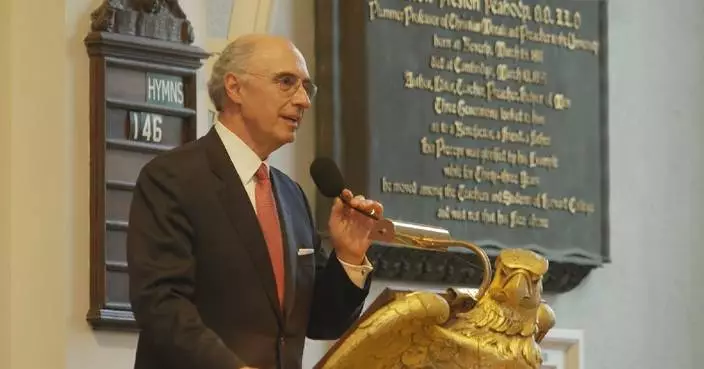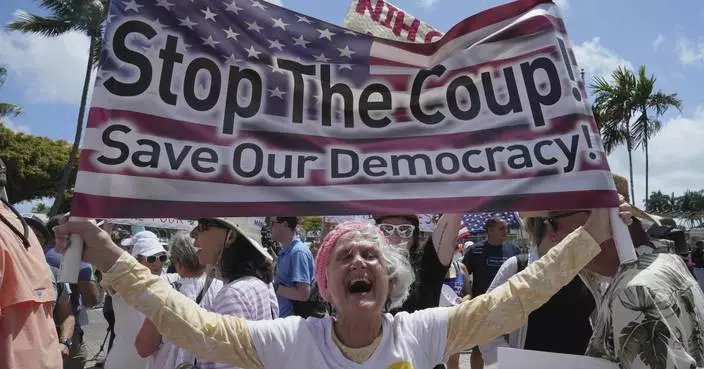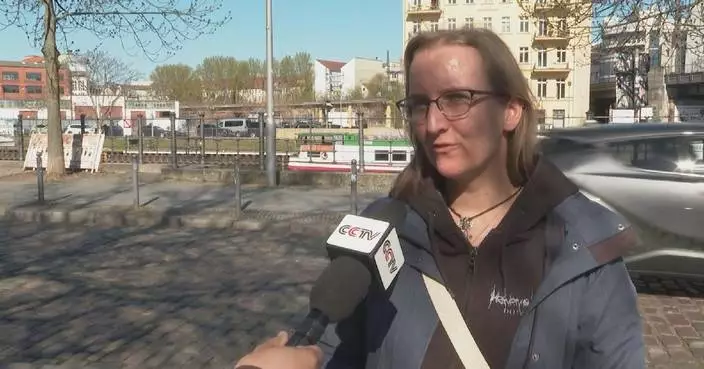Stock markets in the United States and Europe tumbled on Monday over fears of a U.S. economic recession and mounting global tensions.
The three major U.S. stock indices opened sharply lower, with the technology-heavy Nasdaq Composite Index shedding more than 6 percent, the Dow Jones Industrial average falling more than 3 percent and the Standard and Poor's 500 Composite slumping 3.3 percent.
At the close of trading, the Nasdaq Composite dropped 3.43 percent, while the Dow Jones Industrial Average fell 2.60 percent, and the Standard and Poor's 500 index was down 3 percent.
It came after recent U.S. economic indicators missed expectations, with the non-farm sector adding jobs at a slower rate in July than anticipated, unemployment rate for the month nudging upwards, and new orders for manufactured goods in June falling by 3.3 percent, following a month-on-month decline of 0.5 percent in May, according to data from the Department of Commerce.
In Europe, the three major stock indices opened down on Monday with Britain's FTSE 100 Index falling 2.85 percent, the Paris CAC 40 by 2.76 percent, and Germany's DAX Index by 3.43 percent.
Elsewhere in Türkiye, trading on the Istanbul stock market was suspended twice the same day after significant losses triggered a market-wide circuit breaker. It came as concerns about a potential U.S. recession shook global financial markets and investor sentiment soured on the rising tensions in the Middle East.
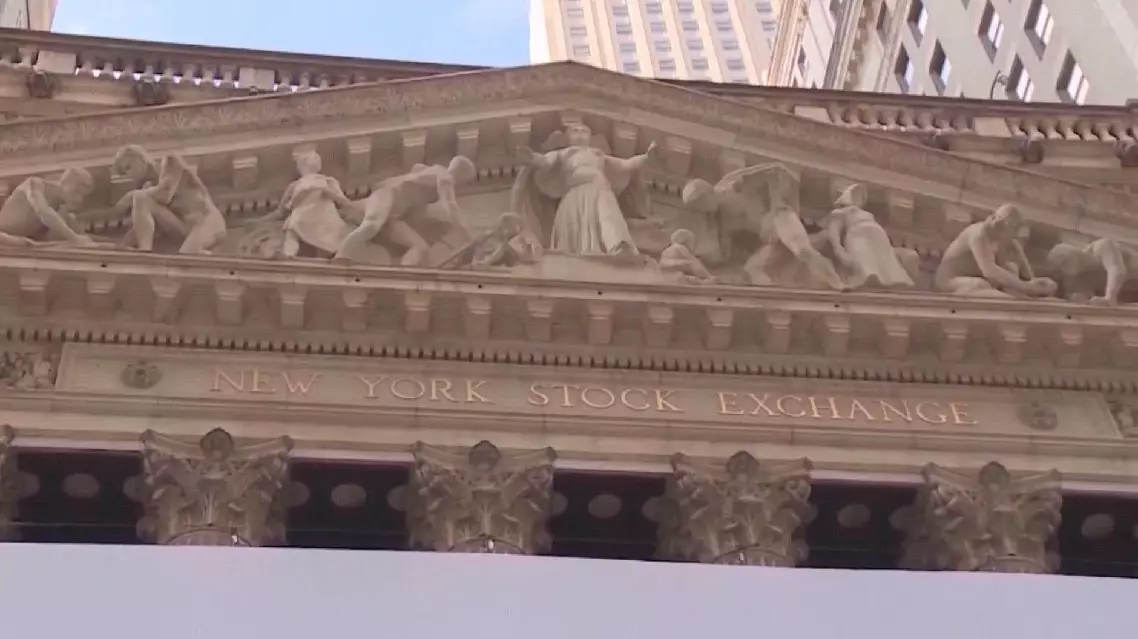
Major stocks in US, Europe tumble
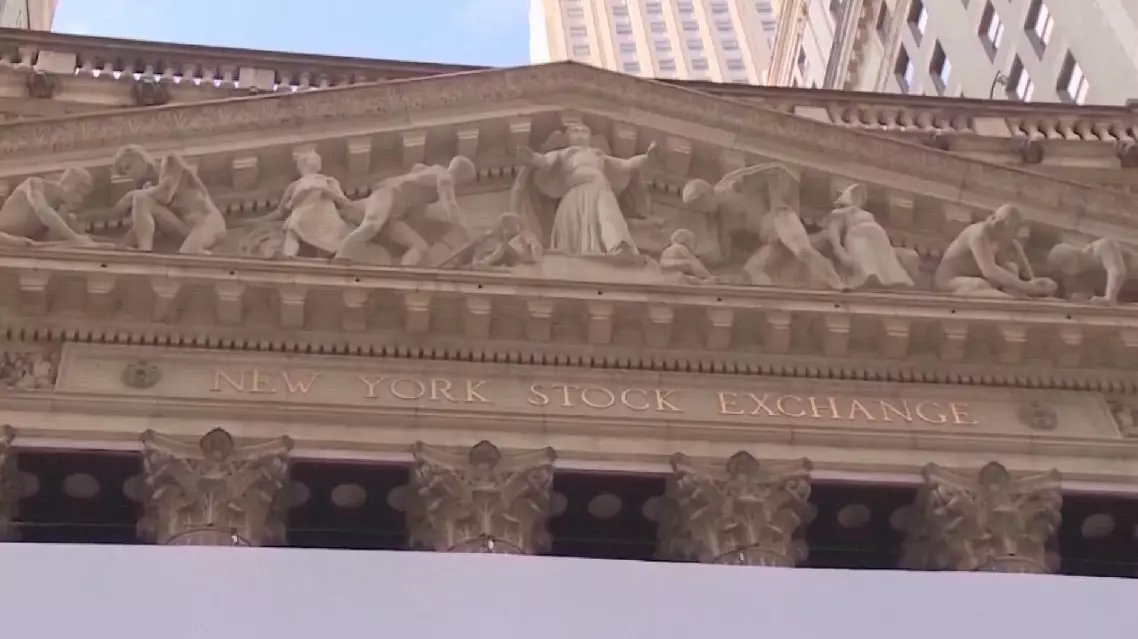
Major stocks in US, Europe tumble
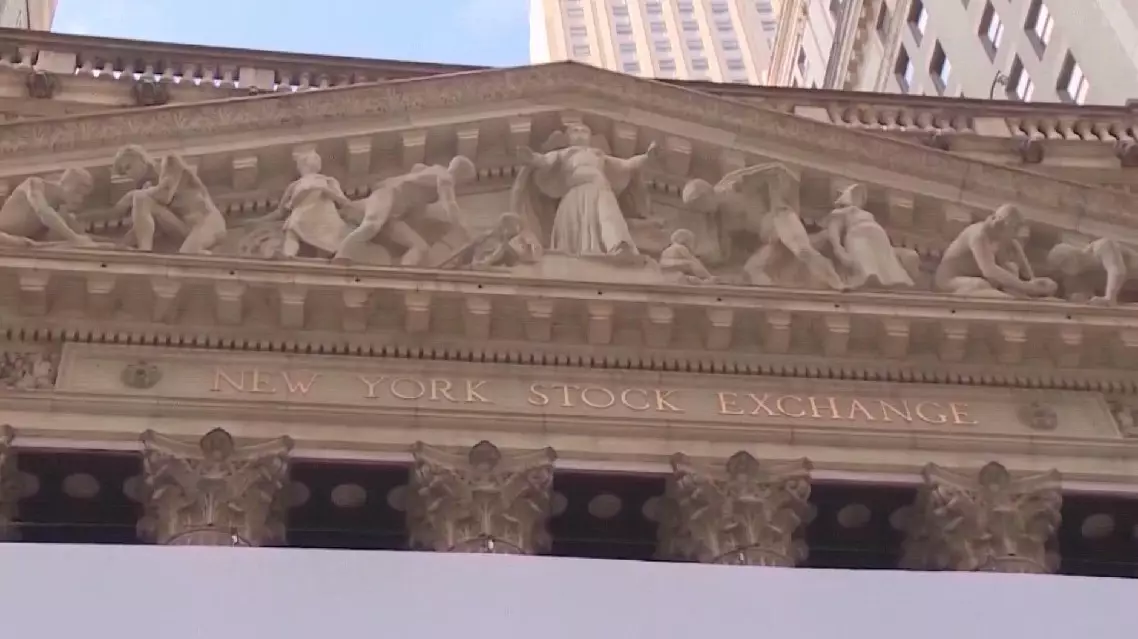
Major stocks in US, Europe tumble
Gaza's healthcare system is on the brink of collapse, as Israel continues its attacks and blocks the entry of humanitarian aid, with hospitals overwhelmed by a relentless influx of wounded civilians and many patients left untreated.
The situation in Gaza's hospitals is rapidly deteriorating into a catastrophe. Al-Ahli Baptist Hospital has become the primary center for hundreds of injured Palestinians in Gaza City, with every corner of the facility overwhelmed. Medical workers at the hospital have expressed their inability to cope with the growing number of patients flooding in from the daily Israeli strikes.
"Each airstrike on high-rise buildings or residential areas leaves hundreds of casualties. No hospital in Gaza can handle such numbers," said Tamer Sultan, a medical worker.
Amid the conflict, not only trauma patients but also chronically ill individuals are unable to access basic medical treatment. Medical workers warn that lives are being lost -- not just to bombs, but to the lack of essential care.
"My brother has been here for 20 days. He needs spinal surgery, but nothing has happened. He's in constant pain as the painkillers aren't working anymore," said Mahmoud Nasser, brother of a patient.
As the number of wounded continues to rise, Gaza's hospitals are running critically low on essential medicines and supplies. With no way to restock, health officials say the ability to treat even the most urgent cases is slipping away.
"The high number of injuries has led to massive consumption of medicines and supplies. With border crossings closed, we can't replenish stock, and this severe shortage means we can't properly treat patients and the wounded," said Alaa Helles, director of the Hospital Pharmacy Department at Gaza's Ministry of Health.
The International Committee of the Red Cross has issued a stark alert about the health crisis in Gaza, stating that the suspension of humanitarian aid has led to a dramatic shortage of medical supplies.
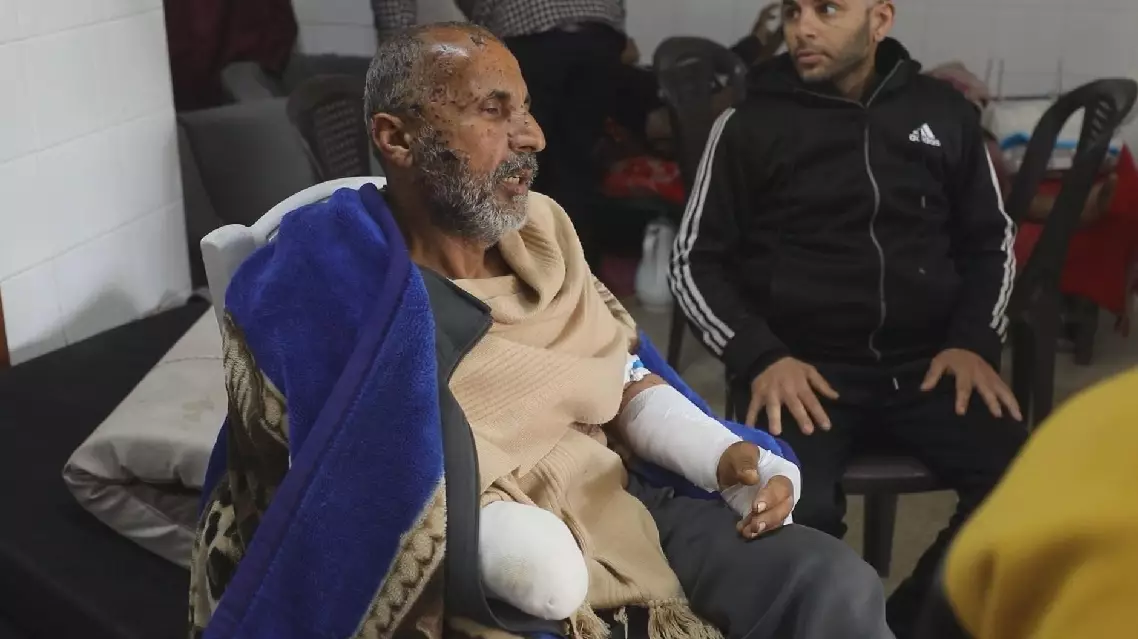
Gaza's healthcare system near collapse as Israeli attacks, aid blockade persist











